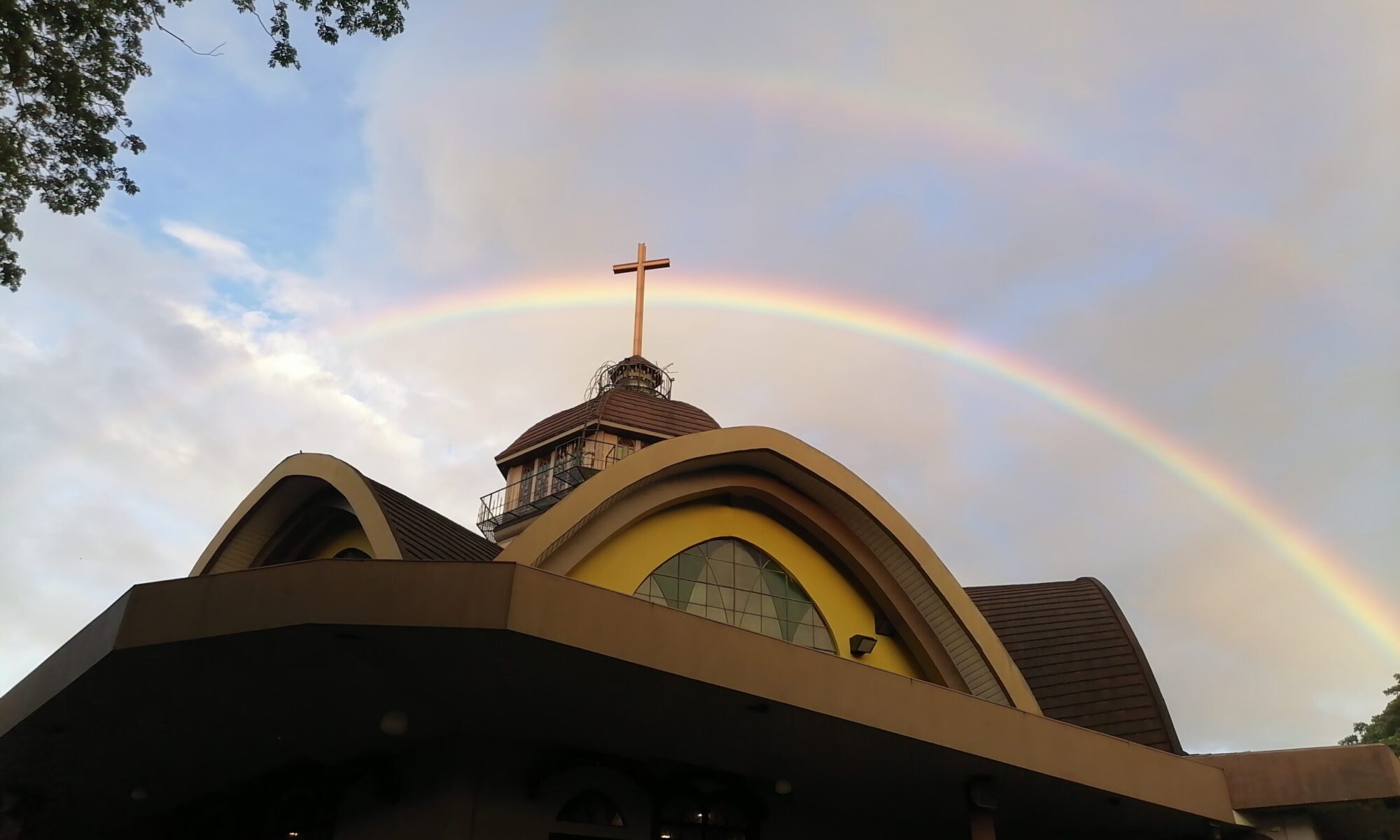
1. By studying the Theology of the Mass we shall see why we lack priests.
Though God has exhorted us to pray to the Lord of the harvest, He does not delay to provide priests for the service of the Church. It’s one of those prayers He grants even if we forget to ask. And priests are provided for the Church for a specific purpose…. for the Sacrifice of the Mass. In the Mass, the priest, through whom Christ is sacramentally present, offers the Mass in communion with the faithful. Abbot Anscar Vonier, a German Benedictine theologian from Buckfast Abbey, in his “A Key to the Doctrine of the Eucharist,” prefaced by Peter Kreeft with introduction by Aidan Nichols, O.P. stressed the importance of this liturgical reality- of Christ as the true main celebrant, the faithful in union with Christ and the sacramental instrumentation of the priest.
2. There are three elements in the picture: The mass, the priest and the faithful. The three make up the Mystical Body of Christ.
3. The Sacrifice of the Mass is offered by the Church, i.e. by Christ with the faithful united to Him thus making up the Mystical Body of Christ. The Faithful must be holy. They cannot be less. Thus the Didache states that only the holy can approach the altar.
4. The Faithful must be seeking the perfection of Charity. They could have the theological virtue of Faith but they must be in the process of seeking the perfection of charity to become a branch attached to the vine. Faith enlivened by charity, St. Thomas of Aquinas described it.
If you are not holy, the Didache states, then go and repent first. Without repentance, you cannot be part of the Mystical Body. And how does a Catholic become united with Christ? By seeking holiness, through a life of Faith, Hope and Charity. Or putting it in more detail, by living a life of Poverty, Chastity and Obedience that leads to the theological virtues of faith, hope and charity.
5. Now let us come to the third element – the Priest. The man who must stand as priest must be part of this community seeking the perfection of charity. He must have first answered the call to holiness before he can be called to the priesthood. The first call is obligatory for salvation. The second is an extra call not necessary for salvation but for the service of the Church. But of course if one answers this extra call, he is extra more pleasing to God.
6. The priest is called from among the faithful for the service of the faithful. God sanctifies souls. God, also, unites them to Christ (as a branch to the vine) to make up the Church. Then God looks for a soul that will stand as a priest to offer the Mass amidst the Church. That soul must be like those around him, seeking holiness. He cannot be inferior to those around. So the priest must have undergone the steps towards holiness. He cannot do less. Otherwise his vocation is doubtful.
7. Missionaries work on this principle; he seeks personal holiness as a layman, is ordained when about to go to the missions, then goes to a mission field, catechizes the people so they would form a community seeking the perfection of charity. As a new congregation of the faithful he becomes their appointed priest who would, standing in the person of Christ, offer the Sacrifice of the Mass. That is how the first monks evangelized; and this is in some way similar to the “reductiones” of the Jesuits and how missionaries today should evangelize.
8. Illustration from the Rule of St. Benedict.
The monks were laymen living in community seeking holiness. Since the Sacraments, especially the Eucharist is needed to attain this goal, the Abbot chooses one of the monks to be ordained a priest for this service in the community. When he has done his office of priest, he returns to his proper place among the brethren, those seeking holiness.
St. Ignatius of Loyola reminded his religious to observe the Evangelical Counsels before they are ordained so that they are in fact a part of the community before they perform their role as priest at the service of the community
9. Conclusion.
Now comes the question. If the number of communities that are truly faithful, seeking holiness, obedient to the Authority of the Pope, are small as the Holy Father has seen it, is there need then for more laborers when there are few to harvest?.
The priest’s role is to service the faithful who are seeking perfection. He must be one among them.
Faith and trust tells us that God has everything under His Divine Providence. We might think there is a lack of priest. But for God, everything is just right. (Painting is “St. Benedict” from the Abbey of Monte Cassino.)

